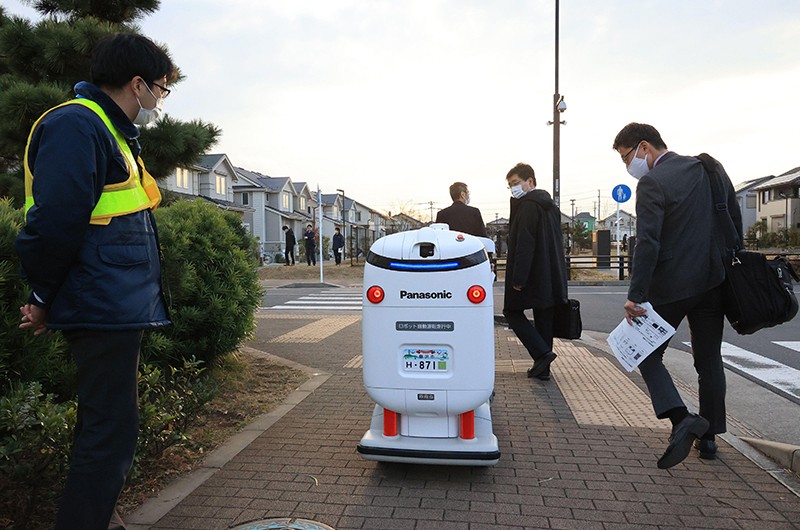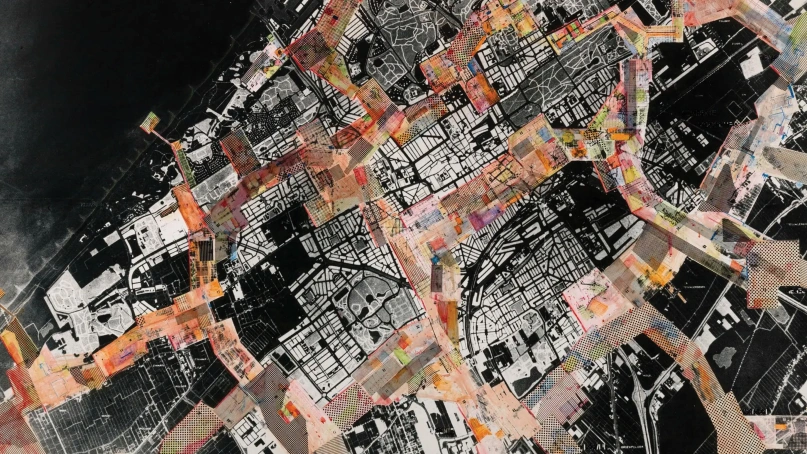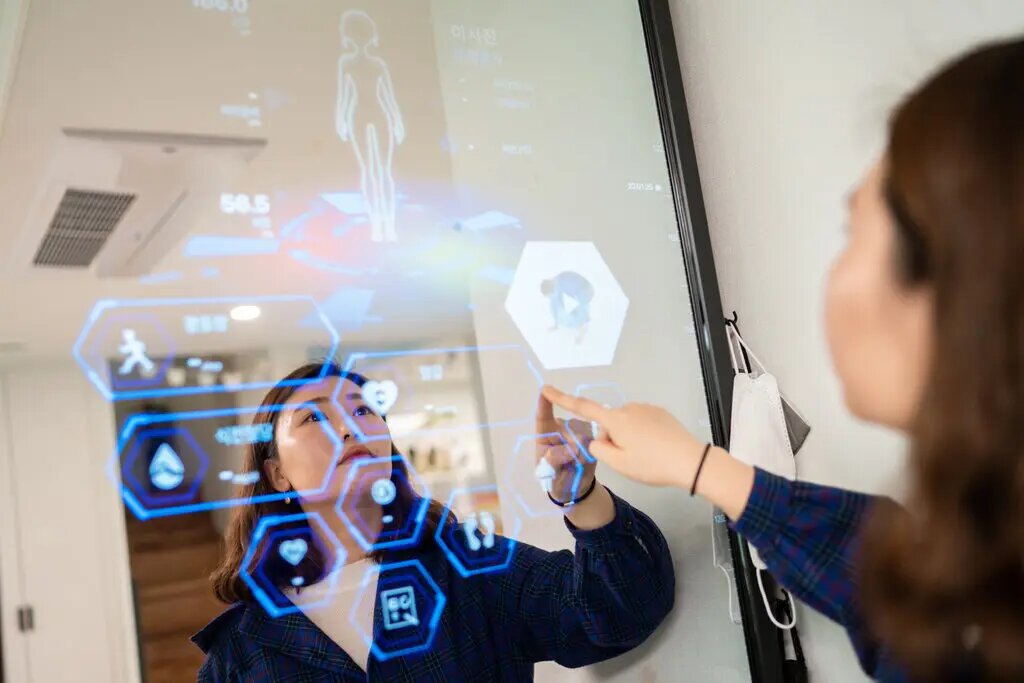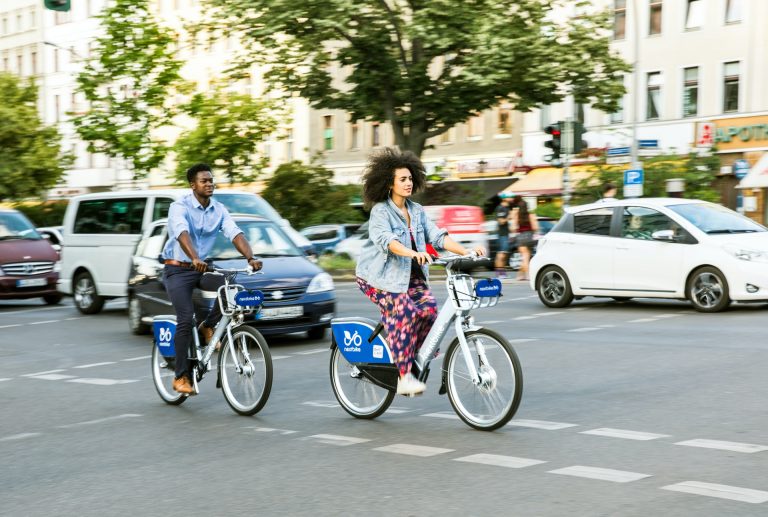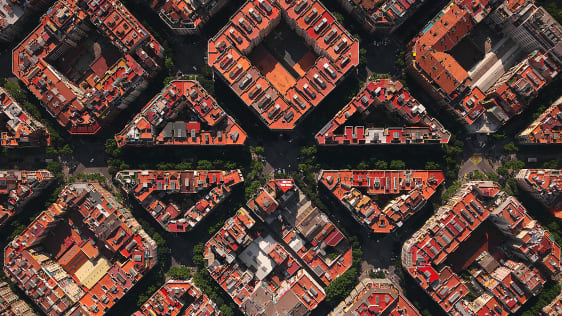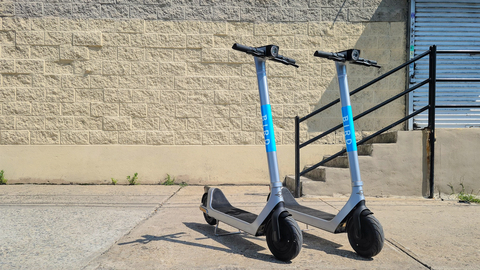
Smart cities are supposed to represent the pinnacle of technological and human advancement. They certainly deliver on that promise from a technological standpoint. Smart cities employ connected IoT networks, AI, computer vision, NLP, blockchain and similar other technologies and applications to bolster urban computing, which is utilized to optimize a variety of functions in law enforcement, healthcare, traffic management, supply chain management and countless other areas. As human advancement is more ideological than physical, measuring it comes down to a single metric—the level of equity and inclusivity in smart cities. Essentially, these factors are down to how well smart city administrators can reduce digital exclusivity, eliminate algorithmic discrimination and increase citizen engagement. Addressing the issues related to data integrity and bias in AI can resolve a majority of inclusivity problems and meet the above-mentioned objectives.
+INFO: Forbes
+IMATGES: Forbes





